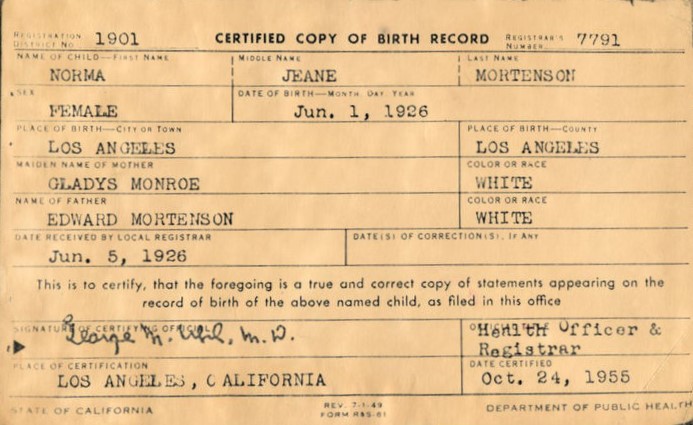
Most of us take our summer holidays (vacations) for granted and perhaps think of them as a relatively new experience that our ancestors did not have access to. The concept of a weekend did not exist until the early 20th century, and until then most workers only had Sundays off so they could attend Church and perhaps enjoy some leisure time afterwards.
Holy Days
Holidays are not a modern invention. The word ‘holiday’ comes from ‘Holy Day’ and was an important part of medieval life in Christian England, which celebrated many holy days every year. The Church held monthly festivals to celebrate a Holy Day at which everyone could enjoy food, entertainment and sporting events. As these had religious significance, the church would ensure employers/ Lords of the Manor complied with their ruling that workers did not have to work on a Holy Day. The Church, however, may not have been as benevolent as it first appears. The nobles had to pay the Church to conduct these monthly festivals, so they were another way for the Church to gain more money and the power that went with it.
The Grand Tour
In the Mid-17th century the idea of a Grand Tour became popular with men within the upper classes. These tours would last for several months, and in some cases several years, and the young men would travel throughout Europe. The idea was based on the education of the young men as it was believed that it was better to learn by experience then by reading books. By the early 19th century, travel became easier and safer, and became an option for young women as well. With the advent of steam travel trips abroad became cheaper so the Grand Tour was no longer something only the very wealthy who could afford it, and it lost its position as a status symbol.The use of steam also heralded the Industrial Revolution and meant that many ordinary folk moved from the country to the cities and towns. Their working hours were now dictated by factory managers rather than farming seasons. The new structured time off work, along with cheaper travel, allowed the working classes to take a day trip to the seaside. The most they had to travel was 70 miles, which is the largest distance anyone is from the British coast. By the end of the 19th century steam trains could travel that distance in a little more than an hour.On the 5th July 1841 Thomas Cook started a successful one-day rail excursion from Leicester to Loughborough for one shilling per person. In 1855 he organised his first tour to Europe, and from there the business developed into one of the leading British travel agencies today.
Bank Holidays
These were days when traditional banks were closed. An Almanac dated 1773 lists these dates, and includes New Year’s Day, Good Friday, 5th November (Gun Powder treason, now called Bonfire Night), Christmas day and the birthdays of senior royal members such as the King, Queen and Prince of Wales. By 1833 this included 33 religious festivals but in 1834 the number of Bank Holidays was reduced to 4, namely: 1st May (May Day), Good Friday, 1st November (All Saints' Day) and Christmas Day.In 1871 Banker and MP, Sir John Lubbock introduced the idea of four extra days to ease the pressures workers were facing. This culminated in the Bank Holidays Act of 1871 which made Easter Monday, the first Monday in August, the Monday of Whitsun week, and Boxing Day, Bank Holidays as well. If Boxing Day fell on a Sunday then the Monday was given instead.This Act provided statutory days off, but not for everyone. The Act only covered the closing of Banks, however, the newspapers at the time are full of lists of local business that had agreed to close on these days to allow their workers a day off. In 1875 the Holiday Extension Act added Docks and Custom Houses, Bond Warehouses, Inland Revenue Offices to the list of places that would close on Bank Holidays.The 1871 Act was changed 100 years later by the 1971 Banking and Financial Dealings Act. This Act still states that financial dealings may be suspended, but in England and Wales Bank Holiday were limited to:
- Easter Monday
- The last Monday in May
- The last Monday in August
- 26th December, if it be not a Sunday
- 27th December in a year in which 25th or 26th December is a Sunday.
In addition the Monarchy still has the right to grant a one off Bank Holiday for important Royal occasions. Christmas Day and Good Friday were religious holidays.
School Summer Holidays
Once education in England was made compulsory in 1871, the irregular attendance of many pupils in the summer months led to schools closing in the summer. The reasons were varied from helping in the fields, to enjoying the warm weather. These holidays varied from place to place. In 1875 schools in Norfolk advertised their summer holidays as being from 20th August until the 13th September, whereas in Leicestershire schools were closed for the whole of August. It was not until after 1902 when national system of Local Education Authorities standardised attendance, that school summer holidays also became standardised.Affordable rail travel encouraged many people to purchase a day visit to the seaside. The wealthier classes who could afford it would stay for a week in a hotel. Later the advent of the car – especially when they also became more affordable also encouraged, and more recently air travel encouraged us to make an important part of British life.Click here to receive help from an expert with your English genealogy research or Welsh genealogy research.




